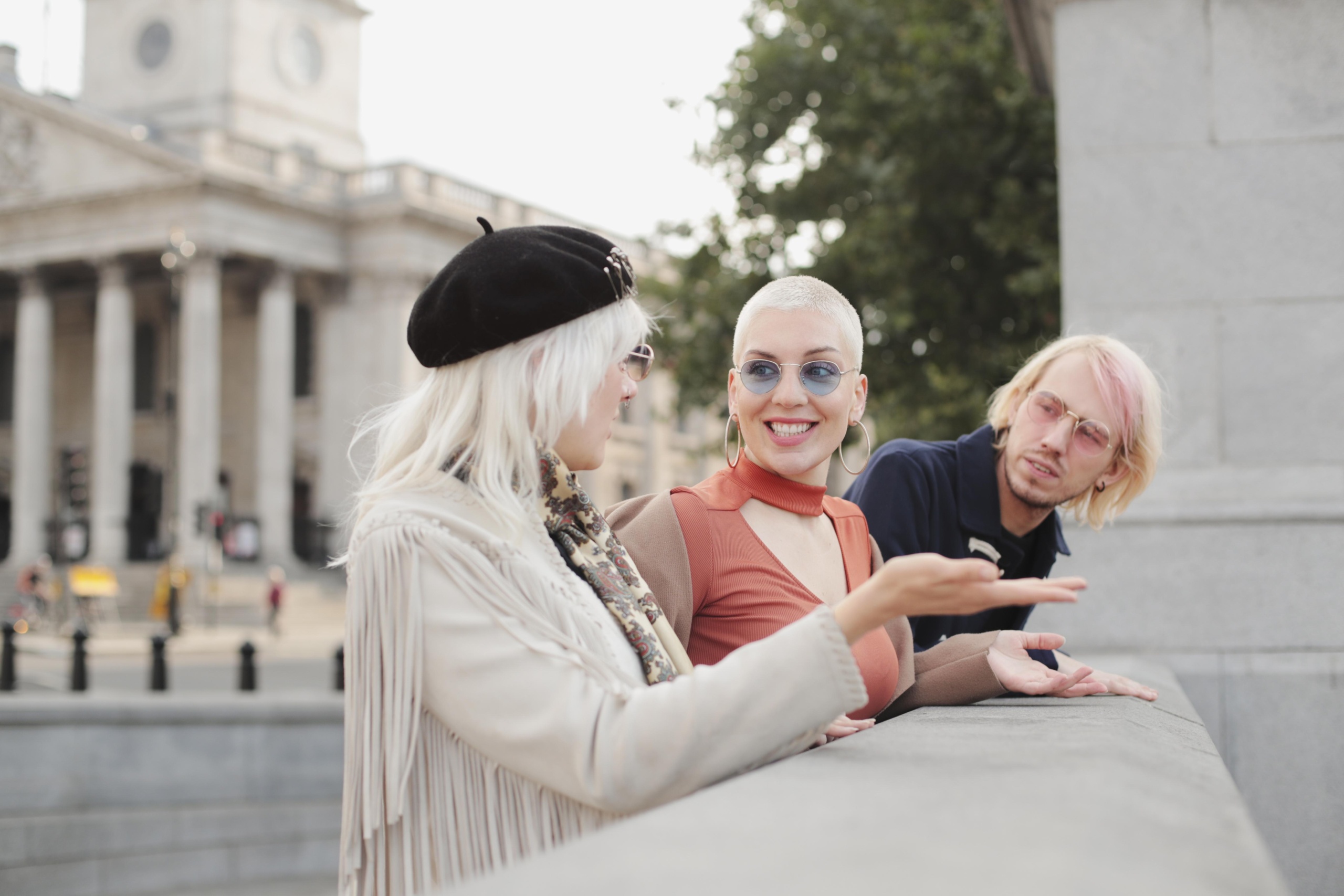Saint Meghan Markle: The Cult of Celebrity and the Perils of Idolization
In the age of social media, everyone wants a hero—or at least, a story to latch onto. In this climate, the notion of “saintliness” becomes more fluid, more performative. Enter Meghan Markle, a figure whose name alone can ignite endless debate, both lauded as a modern-day martyr and vilified as a symbol of privilege. It’s no surprise, then, that the term “Saint Meghan Markle” has begun to circulate like an unholy meme. From Reddit threads to Twitter hashtags, the internet has turned her into a peculiar icon—one whose sainthood is as contentious as it is fascinating. But is Meghan Markle truly a saint? Or is she simply a product of a media-driven frenzy, where martyrdom and villainy are equally marketable?
The “Saint Meghan Markle” phenomenon is a curious blend of irony, adoration, and cultural commentary. Let’s face it: no one gets called a saint for merely doing their job, yet somehow, Markle has become embroiled in a narrative that sees her both as a wronged woman and a misunderstood figure. She’s the ultimate paradox—an actress-turned-Duchess-turned-activist, wielding the kind of fame that feels as much like a burden as a blessing. And while people on both sides of the spectrum either canonize or crucify her, the question remains: why?
Part of this allure lies in Markle’s ability to embody the role of the underdog. The narrative of the “outsider” is powerful, and Markle has expertly leveraged it. She married into the British royal family, a centuries-old institution synonymous with privilege, yet found herself at odds with it almost immediately. Her relationship with the monarchy became a case study in what happens when the modern world collides with tradition, and when a woman of color dares to claim space in an age-old, whitewashed institution.
It’s easy to see why some people elevate Markle to saint-like status. She speaks out against the very system that has often vilified her, positioning herself as an advocate for mental health, racial equality, and women’s rights. Her story—of struggle, defiance, and eventual liberation—is one that resonates in an era where celebrity culture has blurred the lines between activism and entertainment. She has transformed from an actress in a minor TV role to a global figure with an aura of both controversy and admiration.
But here’s the rub: to call Meghan Markle a “saint” is to sanitize her complexity, to strip away the contradictions that make her, well, human. There’s a danger in idolizing anyone, but particularly a figure as polarizing as Markle. To treat her as a saint is to ignore the very real issues at play: the royal family’s treatment of her, the media’s relentless scrutiny, and her very public split from her in-laws. These aren’t simple narratives of good versus evil, saint versus sinner. They are the tangled realities of modern celebrity, race, and power.
And let’s not forget that the concept of sainthood itself is a farce when viewed through a modern lens. In a time when influencers, celebrities, and politicians can manipulate public perception with curated Instagram posts, “saintliness” is less about moral purity and more about PR savvy. Markle’s social media presence, the careful balance of personal and political, gives her an almost cult-like following, particularly on platforms like Reddit, where entire communities obsessively deconstruct her every move. The creation of “Saint Meghan Markle” isn’t just a product of her own actions; it’s a narrative built by the public—by us. We need someone to place on a pedestal, someone to adore, and she fits the mold perfectly.
But here’s where things get even more interesting. The term “Saint Meghan Markle” has morphed into something more insidious than mere fandom. In certain circles, it’s become an ironic symbol of how the world is so starved for authenticity that it will blindly elevate someone who is, at the end of the day, another product of the media machine. The very same platform that elevates her also tears her down. Twitter is rife with discussions about her “saintly” actions, but the discourse often ends in ridicule or contempt, pointing out the hypocrisy of a system that promotes people to saint status only to relish in their fall from grace.
Is this the modern way of processing celebrity? We create our saints, we elevate them, then we watch with bated breath as they inevitably stumble. Markle is no different. She is a human being navigating an impossibly complex world of privilege and persecution. To reduce her to a saint, or to a villain, is to erase her full humanity.
What we must ask ourselves is this: why do we feel the need to turn real people into saints or sinners? Is it easier to deal with someone’s flaws if we place them in a box? Can we not just acknowledge that Meghan Markle, like any other person, is both flawed and admirable, deserving of scrutiny and praise in equal measure?
The cult of Saint Meghan Markle says more about us than it does about her. It reflects our obsession with celebrity and our desperate need to categorize the world in terms of good and evil. But in doing so, we miss the deeper, more uncomfortable truth: everyone has complexity. Everyone has contradictions. Maybe it’s time to stop seeking saints in the celebrities we follow and start looking for them within ourselves.


